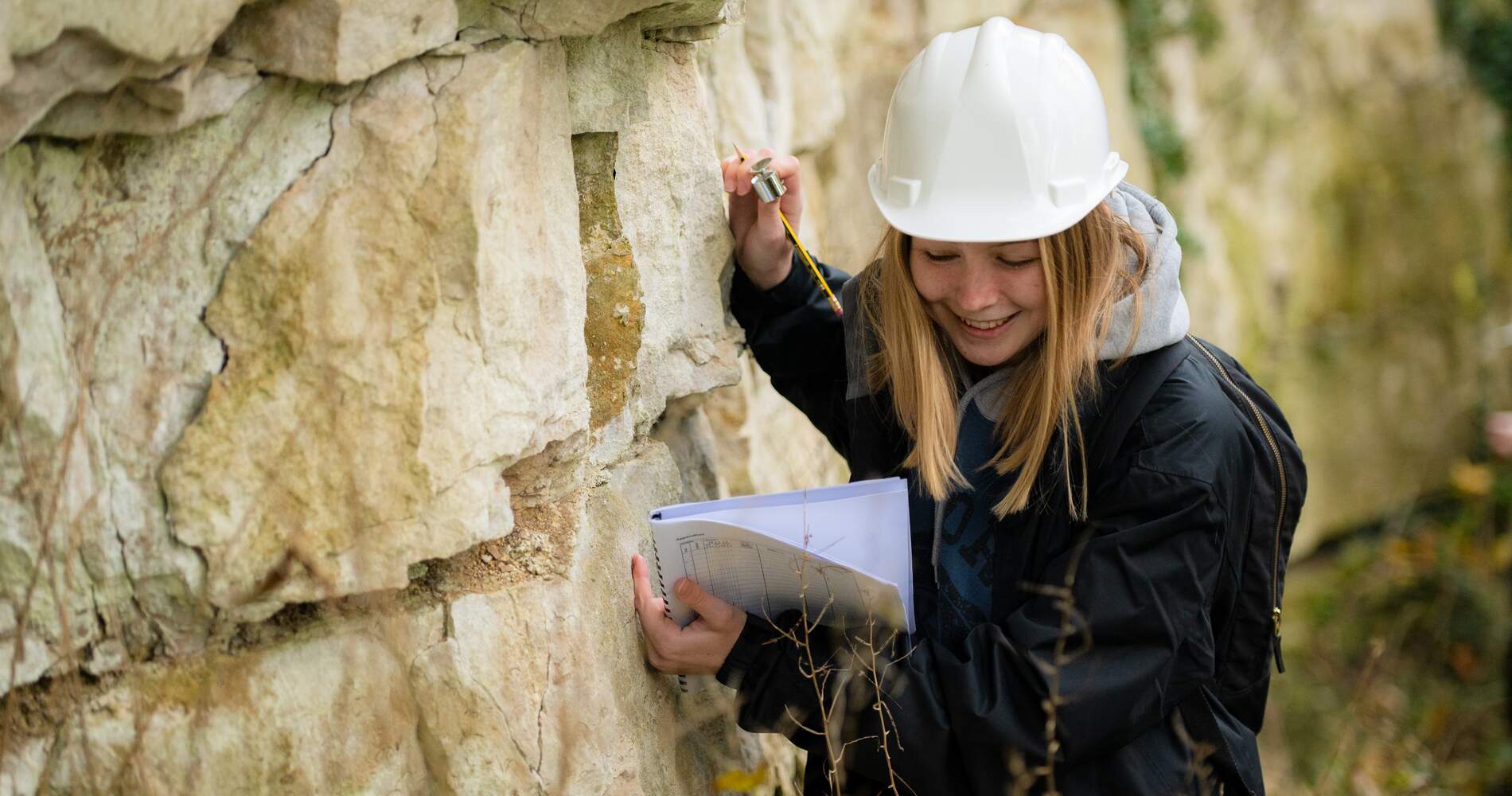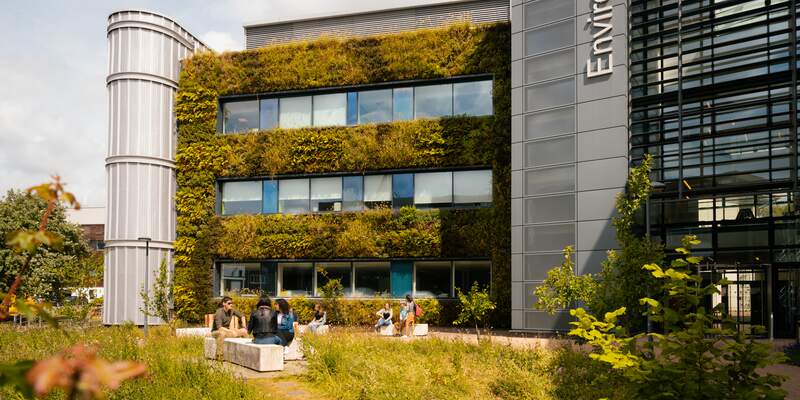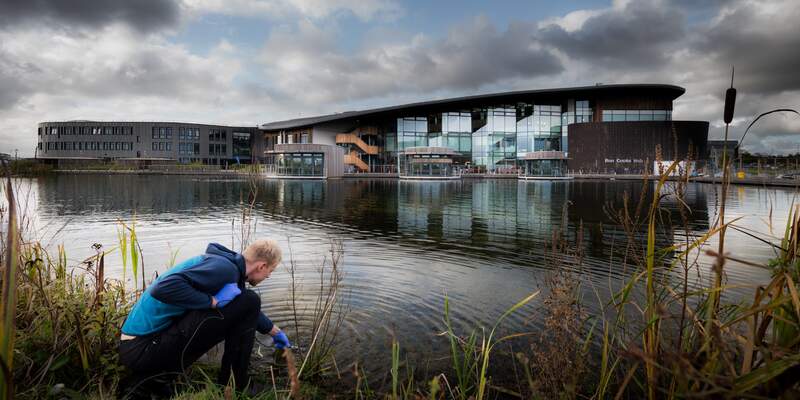The environment sustains all life, supporting biodiversity, regulating the climate, and providing resources essential for human health, agriculture and the global economy.
Climate data shows we're in the middle of a worsening crisis. This is intensifying other global challenges, including environmental damage, food shortages, and inequality.
Studying environment and geography will enable you to analyse the complex relationships between physical landscapes, ecosystems and the social, economic and political forces that shape them. We will equip you with the confidence, skills and knowledge to devise interdisciplinary solutions. We'll help you build your personal and professional networks to succeed in a fulfilling career.
Our courses
Our teaching covers the natural, physical and social sciences. The majority of our courses are accredited by the Institute of Environmental Sciences (the-ies.org).






